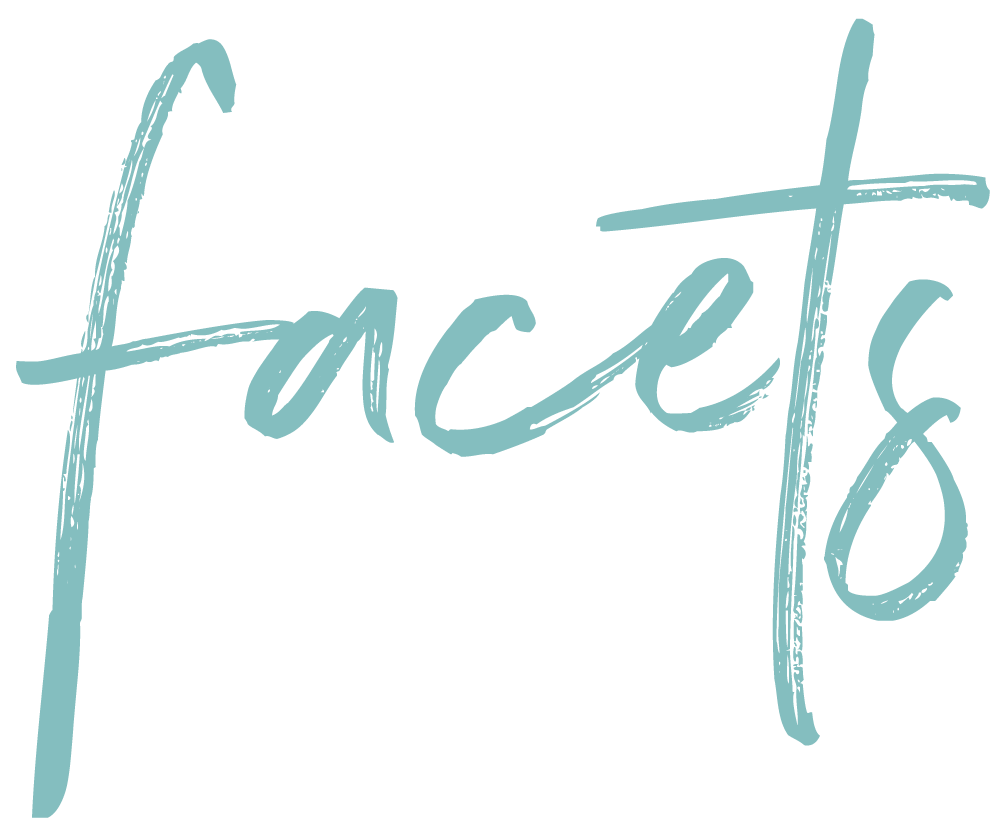Supporting Mental Health in Our Nation’s Youth
Young adulthood can be a time of significant change and complex challenges. Now more than ever, teens and young adults face threats to their mental and emotional health, navigating uncertainty, stress, and social pressure. At such a pivotal stage, adolescents require the appropriate support, skills, and resources to make their transition into adulthood a safer and more manageable experience.
A recognized leader in the mental health space, The Jed Foundation (JED) is a nonprofit that protects the emotional health of teens and young adults by initiating conversations about mental health and suicide prevention and mobilizing communities to take action. Founded in 2000, JED was started by Phil and Donna Satow after the loss of their college-aged son, Jed Satow, to suicide. Through signature programs such as JED Campus and JED High School, the foundation has partnered with hundreds of colleges and school districts all over the country to help strengthen programming and systems related to suicide prevention, mental health, and substance misuse.
To learn more about their cause, we sat down with JED’s Senior Advisor, Dr. Janis Whitlock, Ph.D., M.P.H., for her take on how we can best support mental health in our nation’s adolescents.
Q&A with Dr. Janis Whitlock, Ph.D., M.P.H.
How can you build a support system for teens and young adults as they struggle with mental health?
If you’re a parent or a friend, I think the first thing you can do is identify and communicate with whoever is within the individual’s immediate circle of care so that you are not alone in supporting them. The most important part of a support system is having multiple points of contact and connection, especially if the person you are worried about has expressed suicidal thoughts. It is also helpful to regularly engage with them whether that’s checking in on them, inviting them out, or asking them to volunteer with you.
Supporting another’s mental health can sometimes take a toll on your own. As a professional, what tips do you have for taking care of yourself while continuing to support someone struggling with mental illness?
I believe caring for yourself should be a daily practice. When I’m under high-stress, I have a menu of about ten things that I let myself choose from to process my feelings and to reconnect with myself in a healthy way. It can be as simple as taking a bath, going for a walk, journaling, or talking to a friend. The important part is doing it.
On the other hand, if it is an extremely high-stress situation, I recommend seeking therapeutic support. Especially if managing your emotions feels overwhelming or if you feel emotionally numb.
If you’re supporting someone else who is under a lot of stress, especially if it a source of stress for you, you may have to work especially hard to stay grounded and healthy at times. And finally, the final solution, and probably the hardest, is detachment from the relationship that is detrimental to your own mental health. Often, supporting someone can feel like a rescue mission, but the truth is that you are likely warring with a reality that you are not in control of and which may be damaging you. Let your friend know you care but take care of yourself.
What steps can we take to help teens feel more comfortable sharing about their mental health?
As adults, social modeling is critical for sharing what it looks like, sounds like, and feels like to be a full-bodied human. Allowing teens and young adults to see how you respond vs. react to challenges and process your emotions helps to model healthy behaviors that you can then share. For example, letting them see when you are having a hard day or moment, taking steps to take care of yourself, and then sharing with them what you did to support yourself: “I went for a walk,” “I went to the gym,” “I talked to my friend.” helps them see what it looks like to have a full range of human emotions and responses.
Second, I think it’s important that we build content and messaging into the places that teens are present. Ideally, social and emotional learning can become a part of school curriculum from grade school on. And in reality, all of us should be learning, not just reading, writing, and arithmetic, but how to deal with our feelings. How do I describe how I feel? How comfortable am I when other people are expressing feelings? How do I stay present even when I want to run from what I feel or feelings that other people have that make me uncomfortable? Those are skills that we should be teaching from a young age.
The last thing is to get beyond the basics. There is a lot of material on starter conversations, like JED’s campaign Seize the Awkward, but people are ready for more. That is why JED is now turning to working on helping people know what to do next: How do you know how to continue to engage if an individual is stonewalling you? How do you stay connected to them? How do you authentically and empathetically listen? And then, too, knowing how to balance and pull back when necessary.


